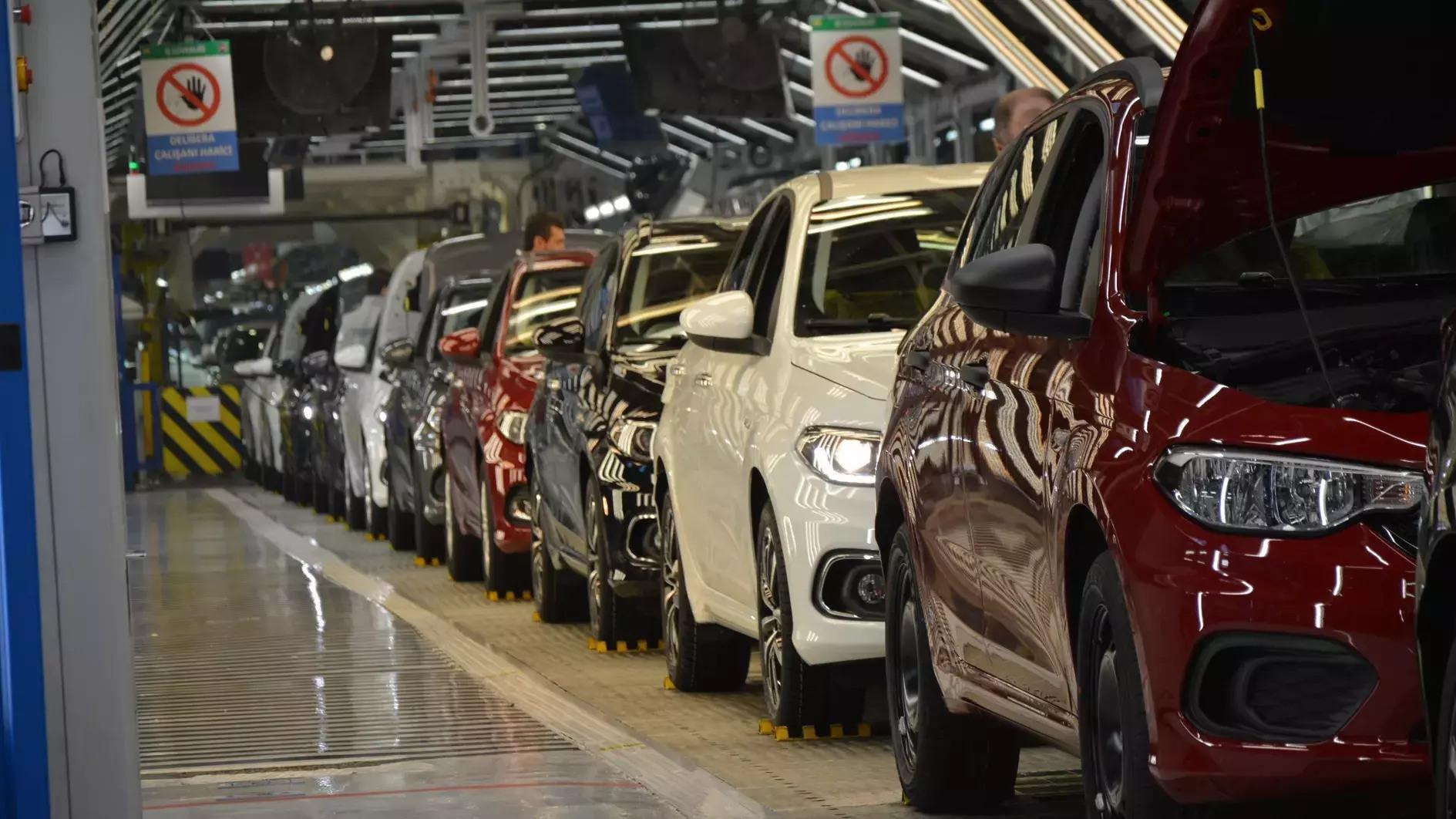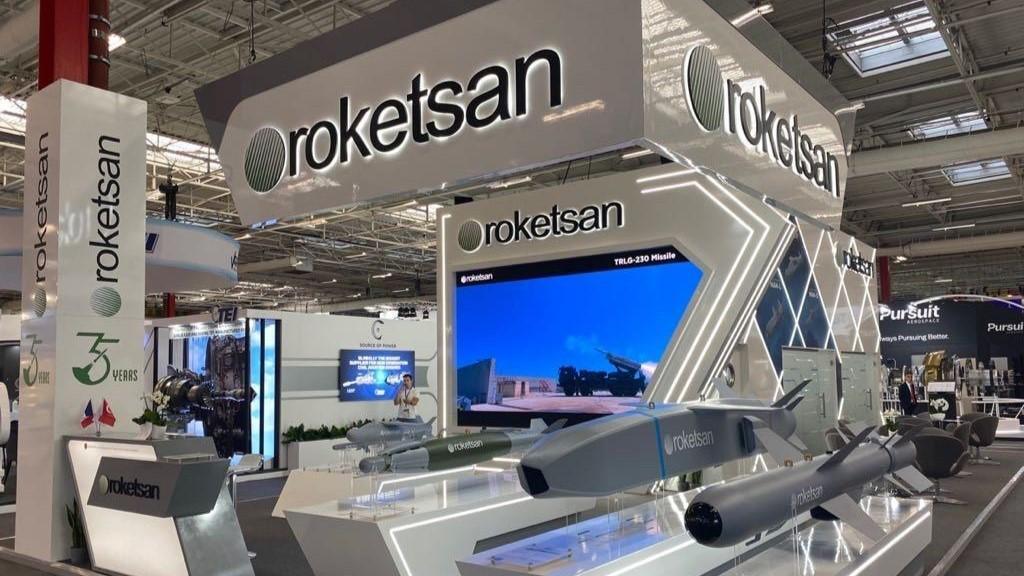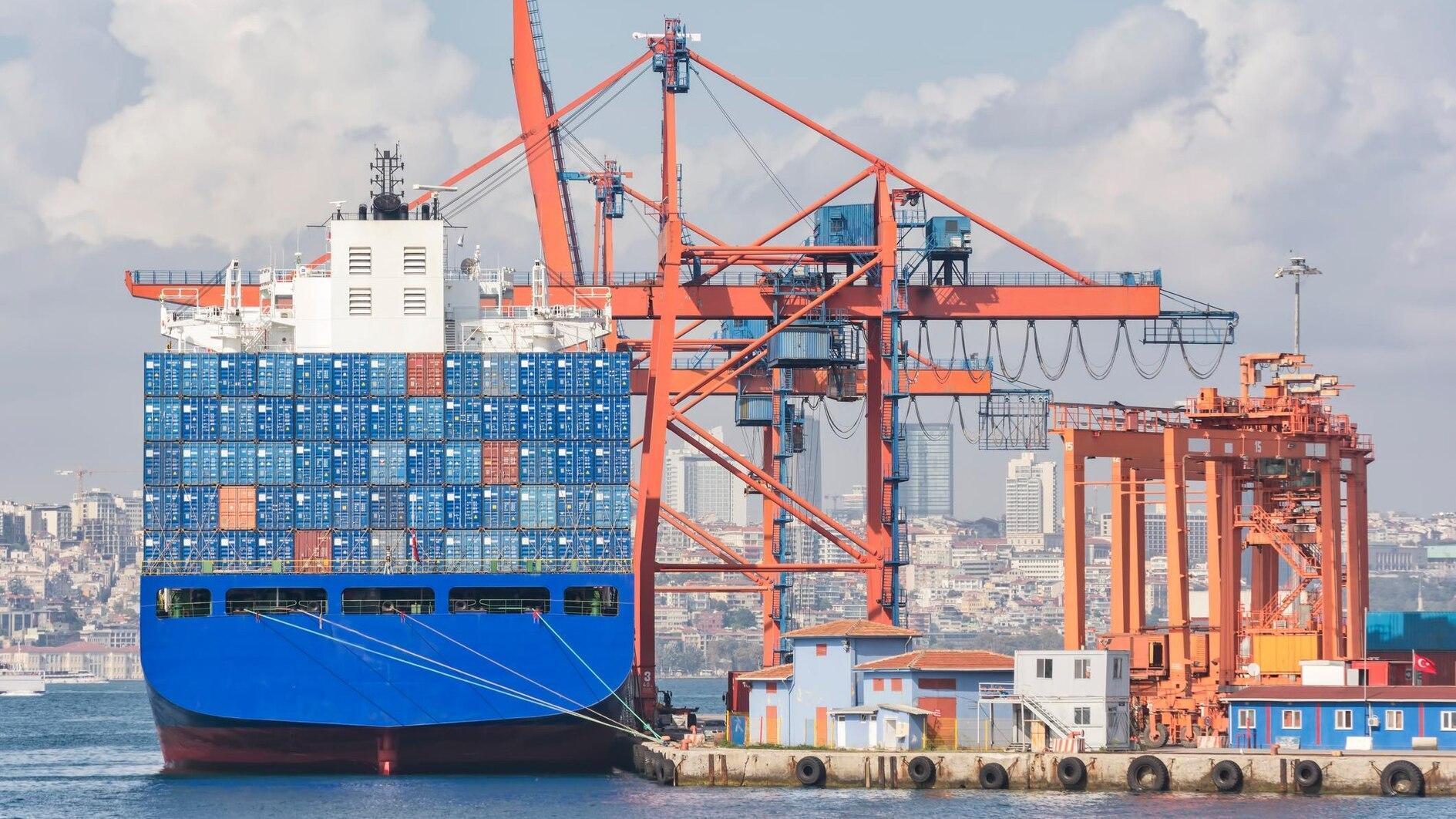Siemens in Turkey for 160 years
The main opposition Republican People’s Party (CHP) spokesperson Selin Sayek Böke recently drew attention to the rapid devaluation of the Turkish Lira, suggesting that it weakened Turkey’s economy and left it unprotected against global developments. According to Böke, companies will lose out and bankruptcies will rise for as long as foreign exchange rates increase.
On the same day as Böke’s statement, we learned that 4,500 employees in the banking sector had been laid off in the first nine months of the year. At a time when question marks are increasing in Turkey’s economy, the signals of “confidence” from foreign companies operating here take on added importance.
German technology giant Siemens has given this signal strongly. “We have been in Turkey for 160 years. We will continue to be so,” its Turkey CEO, Hüseyin Gelis, said the other day.
Siemens, only after nine years after it was founded, invested in Ottoman territories after investing in England and Russia. Over 160 years, it has seen six sultans, 12 presidents and 27 prime ministers. It was a close witness of the last era of the Ottomans and the early years of the republic, and it was the only foreign company that did not close its office during the Second World War.
Gelis noted that there is a significant Ottoman archive at the Siemens headquarters in Germany. “One of the documents in the archive is about an X-ray machine to be purchased for the Gureba Hospital in 1927. The document, approved by the cabinet, contains the signature of Mustafa Kemal,” he said.
Siemens Turkey is a company that grows, changes and develops together with Turkey. “We continue to invest consistently in Turkey, including in times of crisis,” Gelis said.
He also recalled that a light rail tram factory, an investment worth 30 million euros, will be established at Istanbul’s Gebze Organized Industrial Zone. The “Avenio” tramway models to be produced at Gebze will be designed for usage in Europe as well as Turkey. At a time when European Parliament President Martin Shulz has brought up the “economic sanctions” option in response to Ankara’s crackdown on the opposition and journalists, I hope the “Avenio” tramway does not become little more than a far-fetched dream.
Back to Siemens Turkey CEO Gelis. He said his company has prepared the first ever “Business to Society” report focusing on Turkey. This report has been printed in five countries where Siemens operates, including Turkey, demonstrating the added value of the company on the economy, the environment and human resources. In 2015 alone, the added value that Siemens provided to Turkey’s economy was 3.2 billion Turkish Liras.
Environmentally, Siemens has a stance way ahead of Turkey’s own national environment policies. In 2007, it drew a road map of energy productivity in Turkey. It was thanks to this road map that then Energy Minister Hilmi Güler launched an energy productivity leap.
Siemens built the first green building in Turkey and is planning to be a “carbon neutral” company by 2023.
Turkey, on the other hand, has pledged to decrease its greenhouse gas emissions by 21 percent by 2030 within the scope of the Paris Climate Agreement. How this is going to happen, I wonder, when coal-burning power plants continue to be built across the country?











